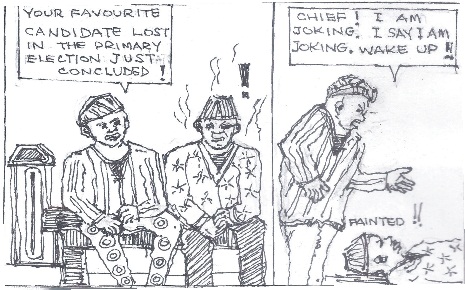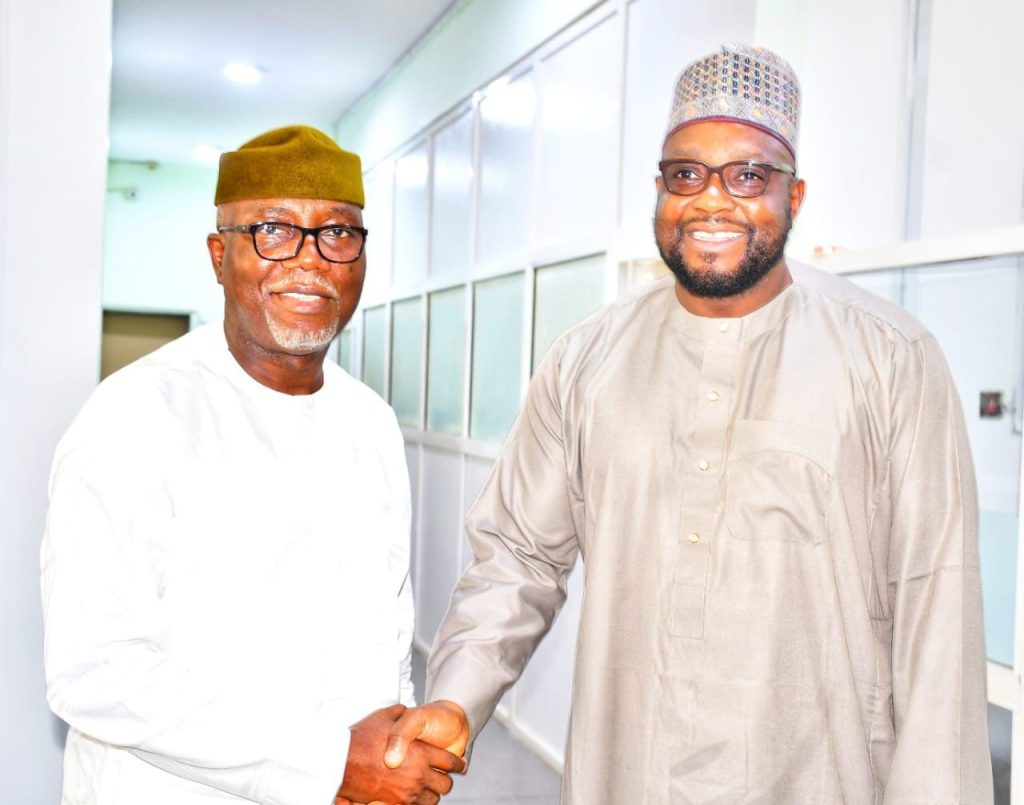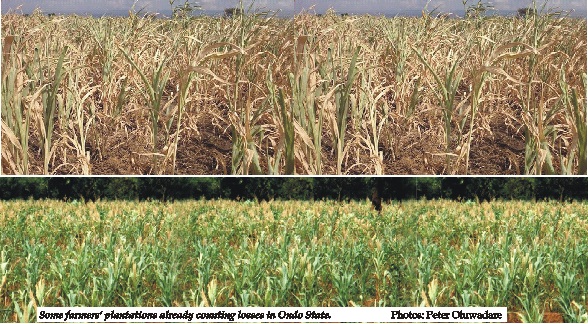Increasing Utilities’ Tariffs
IN this 21st century, citizens depend on basic utilities like gas, fuel, Telecoms and other technological facilities like cable TV, internet, and security. These utilities are essential services that play vital roles in economic and social development of the society. Quality utilities are a prerequisite for effective poverty eradication. However, Nigerians have continued to struggle amidst excruciatingly painful and embarrassing sufferings as a result of the economic policies of the present administration which have necessitated the upward reviews in utilities’ tariffs which in turn, are having untold hardship on the citizens, who are at the receiving end.
DESPITE the 58 per cent increment in electricity tariff, the power sector has failed to justify the review as Nigerians continue to lament the woeful performance of the sector to make power available to the common man.
In 2020, when the regulatory agency removed subsidy, it increased tariffs from 31/kwh to 49/kwh effective from last year amidst a cacophony of protests.
The Nigerian Electricity Regulatory Commission (NERC) has always defended itself that the increase made on electricity tariff payable by consumers, was in line with its mandate to adjust rates to take care of the foreign exchange component of cost and inflation. The NERC Chairman, Sanusi Garba, in his justification said the adjustment was made in February, this year, following some economic fundamentals considered by the commission.
IT is pertinent to note that the advantage of a reliable electricity supply was given as a basis for the increase but the reverse is the case in Nigeria as citizens pay more for ‘darkness’ and continue to battle the electricity crisis across the country while government hikes electricity tariff,. For example, anyone working within the telecommunication industry understands that one of their greatest challenges is keeping cell tower sites powered and in service. But due to epileptic power supply in the nation, the industries now power their generators using diesel at high cost which has also encourage the upward review of recharge cards and data.
IN the same vein, Nigerians have been battling fuel shortages since February after substandard fuel was reportedly imported into the country resulting in weeks of severe scarcity and long queues at filling stations. The shortage has seen transport cost rise, thereby affecting prices of goods and services. Prices are expected to rise further amid a global shortage made worse by the Russia invasion of Ukraine. It is most unfortunate that Nigeria, Africa’s largest producer of oil is still without functional refineries, but relies almost entirely on imported fuel.
RECALL that the government had earlier announced the petrol price increase from N320-N340 per litre (five cents in US dollars). However, it reversed the decision on January 24, on the back of a planned national protests organized by unions and civil society organizations. Ondo State was not spared of the spiral effect of the fuel crisis as many towns were shut down due to lack of fuel. Apart from the discomfort which the lock down caused, many properties got burnt due to unnecessary hoarding by emergency shylock merchants and fuel speculators.
ALSO, Liquefied Petroleum Gas (LPG), otherwise known as cooking gas is one of the commodities hit the hardest by inflation this year. In January, a kilogramme of cooking gas was sold at N336, but with a recent increase in tariff, it shot up to between N750 and N800 per kg. This has now made cooking gas a ‘status symbol’ in Nigeria. Yet, the nation has continued to flare gas ceaselessly
IN January, this year, a coalition of Civil Society Organizations, CSOs, under the auspices of The People’s Alternative Political Movement, TPAP-M, had expressed readiness to mobilize Nigerians to resist hikes in gas, PMS also called fuel and electricity.
ACCORDING to the group, “the combined implication of these, is that Nigerians would be further impoverished, businesses in particular small and medium scales will struggle to survive lay off workers and even close up. Big businesses will also struggle with rising production costs, and those who can manage to stay afloat will do so at the expense of their workforce (many of whom will be laid off) and of ordinary citizens (to whom they will shift the cost).”
TO avert any ugly situation in the country, government should put the increment on tariffs under check and control since they are ultimately responsible for increased poverty. It is an open secret that many of the companies operating in the country are not doing well and have been forced to even reduce the quality and quantity of utilities due to inflationary trend.
THE Hope, therefore, posits that if at all there will be an upward review in tariffs, there should be a justifiable reason and also perhaps, firms and companies should also improve on the qualities of utilities and service delivery.










